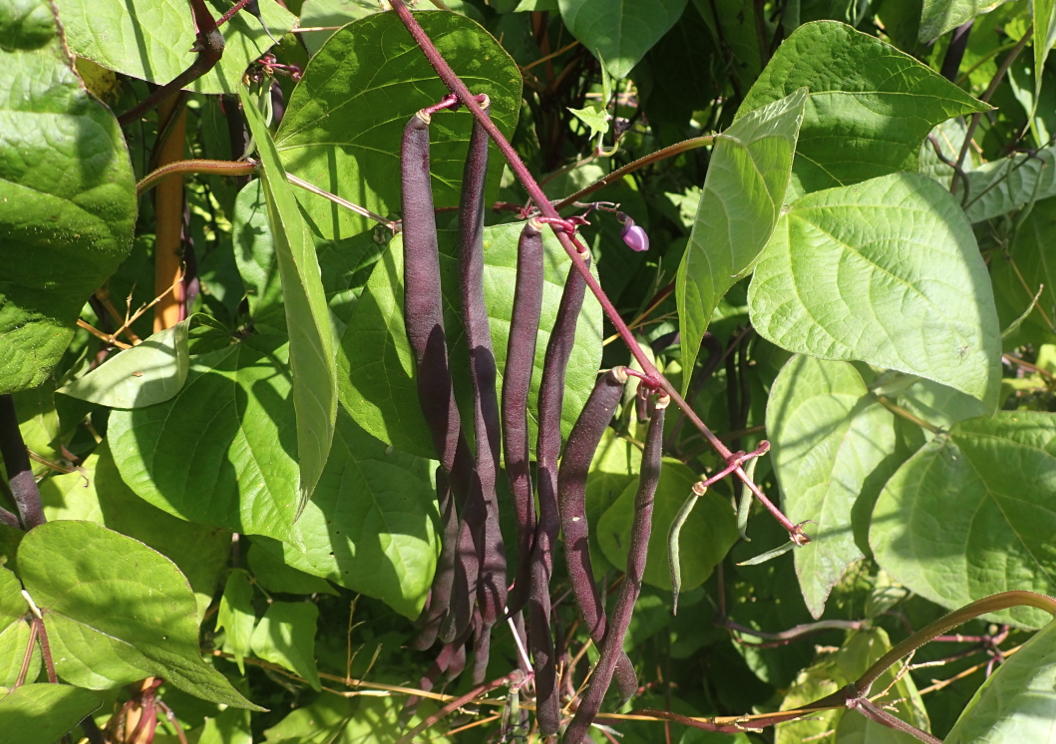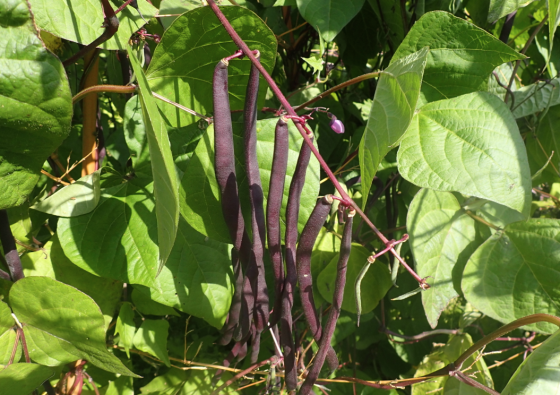Eating green. Dutch are more inclined to go organic: research


The Dutch are buying organic food more often but total consumption is still only a little over 4% of the total, new figures from organic food lobby group Bionext show.
In 2019, 95.1% of all Dutch households bought at least one organic product and almost nine in ten did this in a supermarket.
‘Supermarkets are increasing the range of organic products and that means easier accessibility. (..) People who buy more organic products at the supermarkets are more likely to visit specialised organic food shops as well,’ Bionext director Michaël Wilde said.
Consumers are also motivated by the perceived benefit to the environment, animal welfare and health.
More awareness, through campaigns such as the ‘change over weeks’ at supermarkets during which consumers are encouraged to buy organic, also contributed to the increase. Eggs, vegetables and fruit are the most popular products among consumers trying out organic products, particularly because of the lack of pesticides, Wilde said.
Despite the rise in sales, price remains a barrier for many, researchers found. Some 65% of households indicated they would buy more organic products if prices were lower. However, the gap between organic and non-organic products is narrowing.
Consumer association Consumentenbond figures show that organic food is now 1.75 times as expensive as non-organic compared to twice as expensive five years ago. Seasonal produce prices are on a par with, and sometimes cheaper than supermarket A brands.
Organic food still only accounts for 4.3% of total consumption. ‘There’s still plenty of opportunity for growth and make the world a better place and keep it liveable for our children,’ Wilde told the AD.
Thank you for donating to DutchNews.nl.
We could not provide the Dutch News service, and keep it free of charge, without the generous support of our readers. Your donations allow us to report on issues you tell us matter, and provide you with a summary of the most important Dutch news each day.
Make a donation